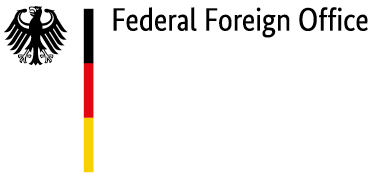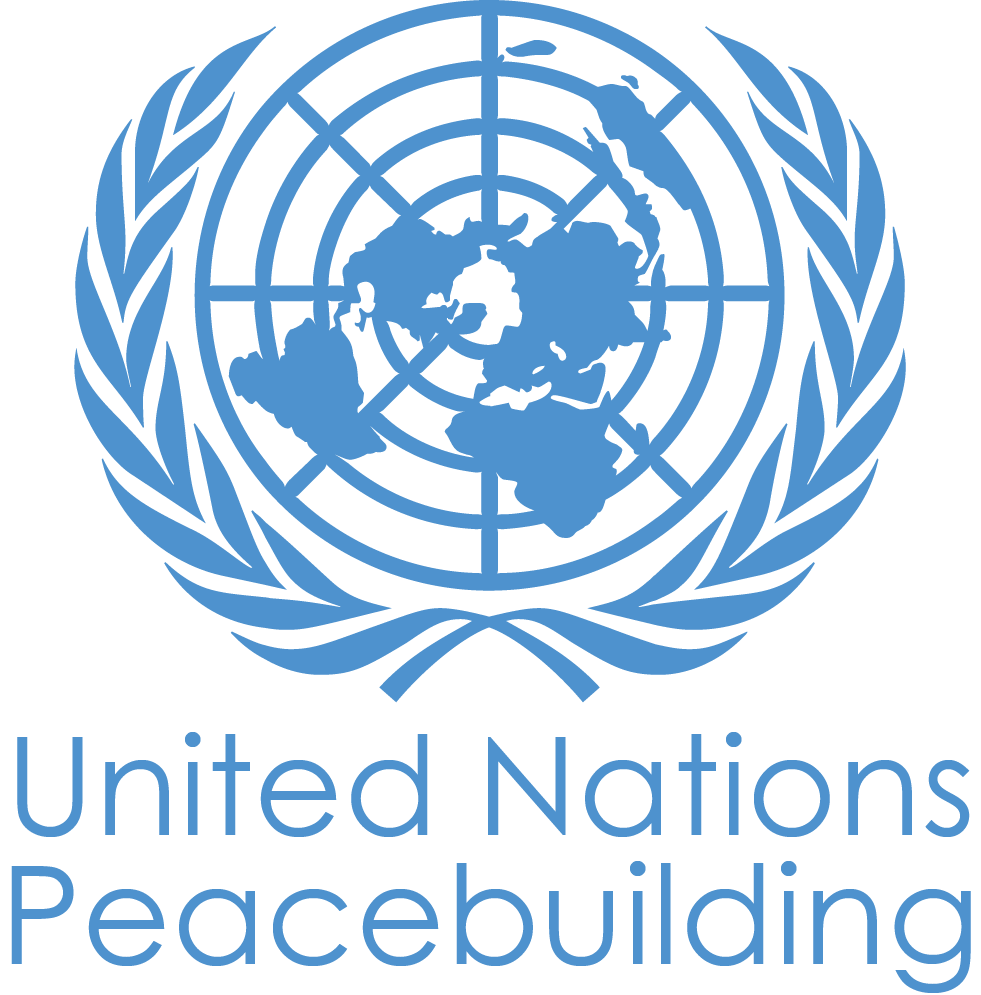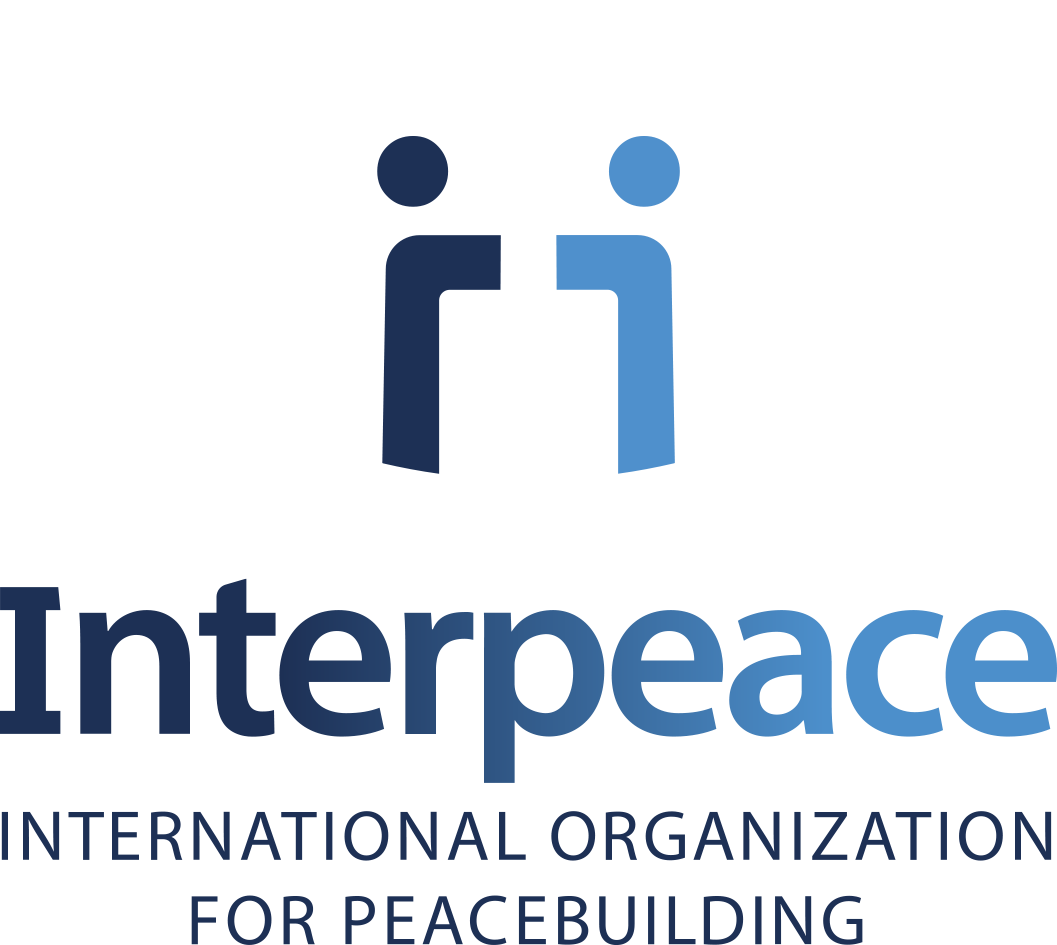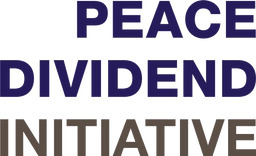Investing for Peace (I4P) Initiative
The German Federal Foreign Office, in partnership with the UN Peacebuilding Support Office, is leading the Investing for Peace (I4P) Initiative.
An initiative that works with an interdisciplinary group of investment managers, development finance institutions (DFIs) and peacebuilding experts to explore concrete ways to increase peace-positive investments in conflict-affected and fragile contexts.
The livestream will begin at 2pm (CEST) on October 20, 2022.
Join the livestream event by clicking the button.
Upcoming Event:
Innovative Financing for Peace:
Towards a framework for peace-positive investments
20 October 2022
A high-level conference organized by the German Federal Foreign Office in partnership with the United Nations Peacebuilding Support Office (PBSO)
Background
Emphasizing the need for a “quantum leap” in peacebuilding investment, the UN Secretary-General (SG) has stressed repeatedly the need for more and better funding for peacebuilding. In this context, he called on member states to, amongst others, explore innovative financing instruments. Through the General Assembly and SC resolutions on sustaining peace (2020), UN entities and member states committed to further advance options for ensuring adequate, predictable and sustained financing for peacebuilding. As part of these efforts, a high-level meeting on Financing for Peacebuilding was held at the 76th General Assembly on 27 April 2022.
In response to the SG’s call, the German Federal Foreign Office and its Stabilisation Platform (SPF), in partnership with the UN Peacebuilding Support Office (PBSO), launched the Investing for Peace (I4P) initiative to develop concrete options for innovative instruments for peacebuilding financing. The initiative provides a platform for practitioners to further peace-positive investments, inform policy development and contribute to a principled approach.
Based on an initial options paper completed in 2020, a feasibility study, commissioned by the GFFO in 2021-22, generated concrete recommendations on how investments, from DFIs in particular, can be blended with donor funds to become peace positive. The study proposes a four-step Peace Impact Framework for investments and presents an outline for a specialized vehicle through which peace-positive investments could be implemented. This innovative approach not only builds on close cooperation between DFIs, the UN and donor agencies, but also draws on local partnerships to develop context-specific strategies for investments, evaluate their impact and support good business practices that bolster locally led peacebuilding priorities.
Building on the recommendations of the report, efforts are underway to design and set-up the proposed investment vehicle. The GFFO is also working with Interpeace to further support the development of necessary frameworks and connected standards, strengthen networks and partnerships, and generate knowledge required to scale peace-positive private finance.
Initiatives, organizations and experts
This section is continually updated. If you would like your initiative in the area of peace-positive investment and related issues to be represented here, please contact contact@financingforpeace.de.
More resources for peacebuilding needed
Importance of private sector contributions to peace
What holds back investments?
Furthermore, the I4P initiative found that DFIs face additional operational challenges when operating in conflict settings. These include the need to deploy large volumes of capital with relatively small numbers of staff; limited “in-country” presence; and fiduciary requirements that apply in the same way across global investment portfolios. All these factors lead investment teams to focus on larger single investments and larger and better-regulated markets.
Need for innovative approaches and a focus on peace impact
In addition, there is growing use of blended finance models, which use grant funding to incentivise important public goods linked to investment. A missing piece in this discussion, up until now, has been peace impact. Investment decision-making “prices in” the risks of conflict, but not opportunities for peace impact.
With this in mind, the I4P initiative aimed to develop an approach to increase the flow of private sector investment in a way that contributes positively to peace. Given the complexity of the issue, effective peace impact would require concerted partnerships between investors, investees and affected communities, and must be based on an appreciation of local conflict dynamics and the interaction between peace and private sector development in a given context.









